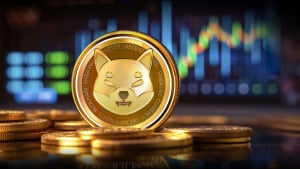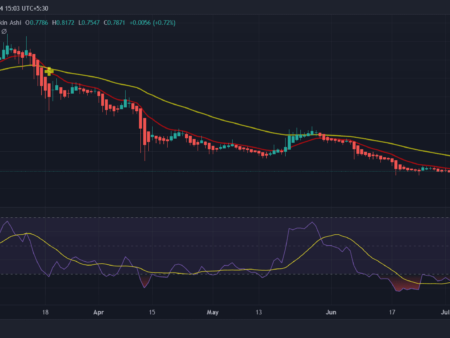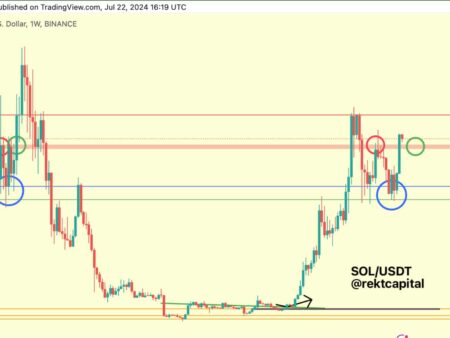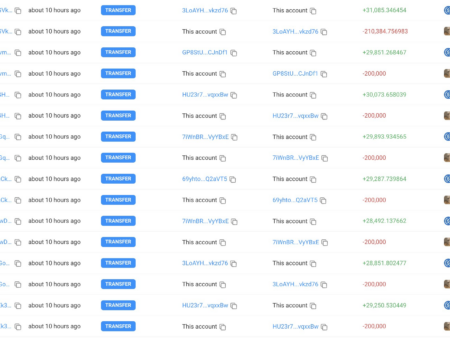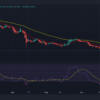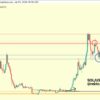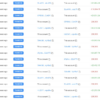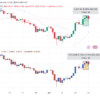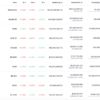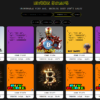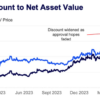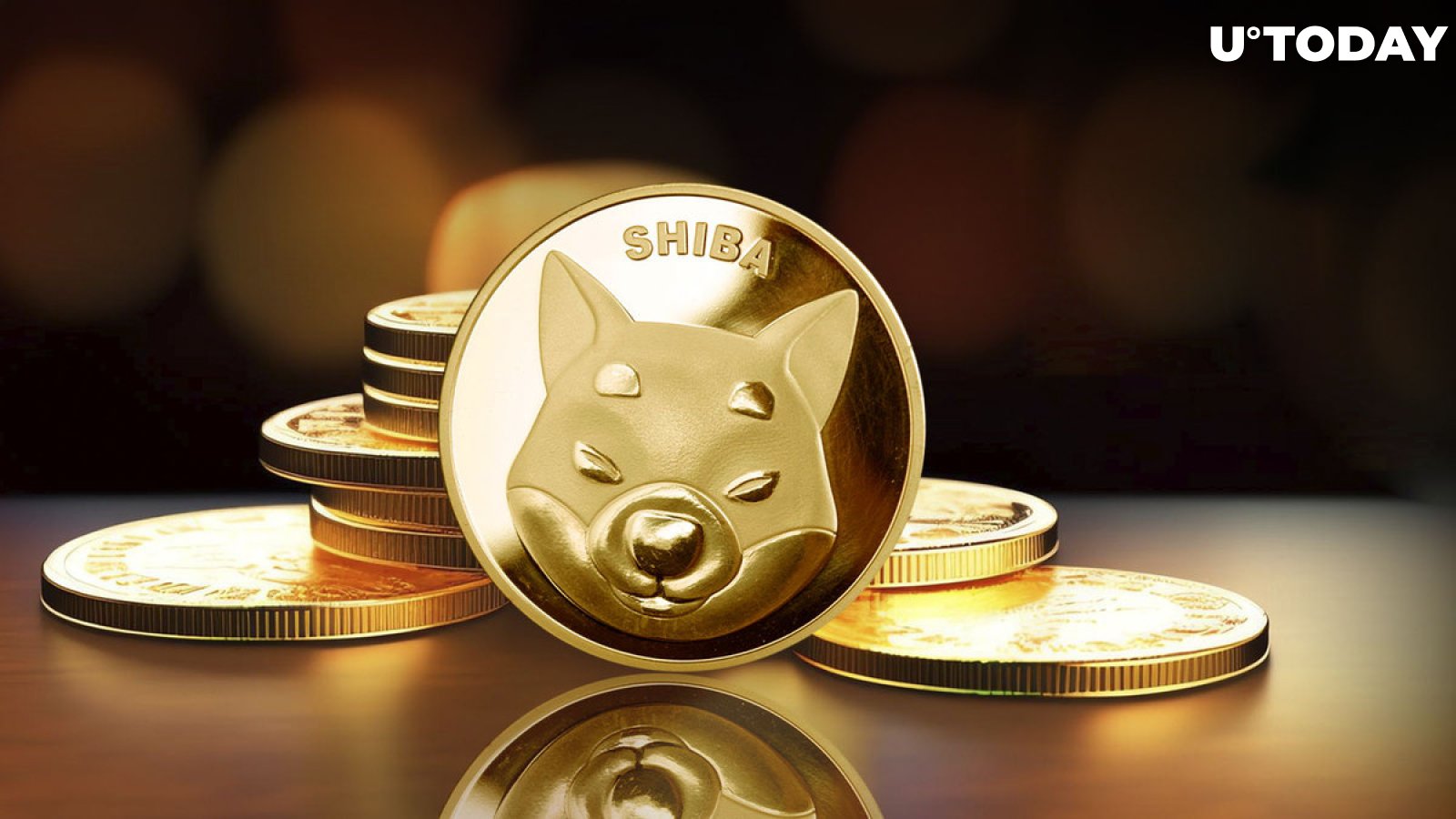
The dog-themed cryptocurrency Shiba Inu (SHIB) has seen an extraordinary surge in trading volumes, skyrocketing 110% in the last 24 hours. This increase in activity comes amid a broader market selloff that has resulted in $410 million in liquidations.
The dog-themed cryptocurrency Shiba Inu (SHIB) has seen an extraordinary surge in trading volumes, skyrocketing 110% in the last 24 hours. This increase in activity comes amid a broader market selloff that has resulted in $410 million in liquidations.
According CoinMarketCap According to data, Shiba Inu trading volume has more than doubled from the previous day, marking a 110% increase to reach 34.1 trillion SHIB or $801 million.
This increase in trading volume indicates a significant increase in buying and selling activities as traders react to current market conditions. The dramatic increase in volume suggests increased interest and commitment to SHIB, even as the broader cryptocurrency market experiences a substantial sell-off.
The cryptocurrency market is currently facing a sell-off as investors digest a strong nonfarm payrolls figure for May, raising concerns that the Federal Reserve will not cut interest rates as quickly as expected, leading to would result in settlements of $410 million, according to CoinGlass data.
The Bitcoin and cryptocurrency sell-off accelerated further after Keith Gill, known as Roaring Kitty, hosted a highly anticipated livestream on YouTube for the first time in several years. GameStop (GME) shares fell, affecting an avalanche of meme coins: Dogecoin (DOGE) was down 10% in the last 24 hours, Shiba Inu (SHIB) fell 8% in said time period, and Pepecoin (PEPE ) 11% discount.
The reasons for the increase in Shiba Inu trading volume can be varied. Traders may be taking advantage of the volatile market conditions to speculate on SHIB’s short-term price movements, thereby increasing trading volumes. Investors could be reallocating their holdings, moving funds into or out of SHIB in response to sell-offs and broader market trends.
Likewise, the market decline could be causing both panic selling and opportunistic buying, as some traders exit their positions to avoid further losses, while others see the decline as a buying opportunity.
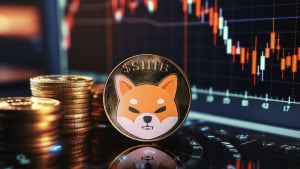
 Tomiwabold Olajide
Tomiwabold Olajide